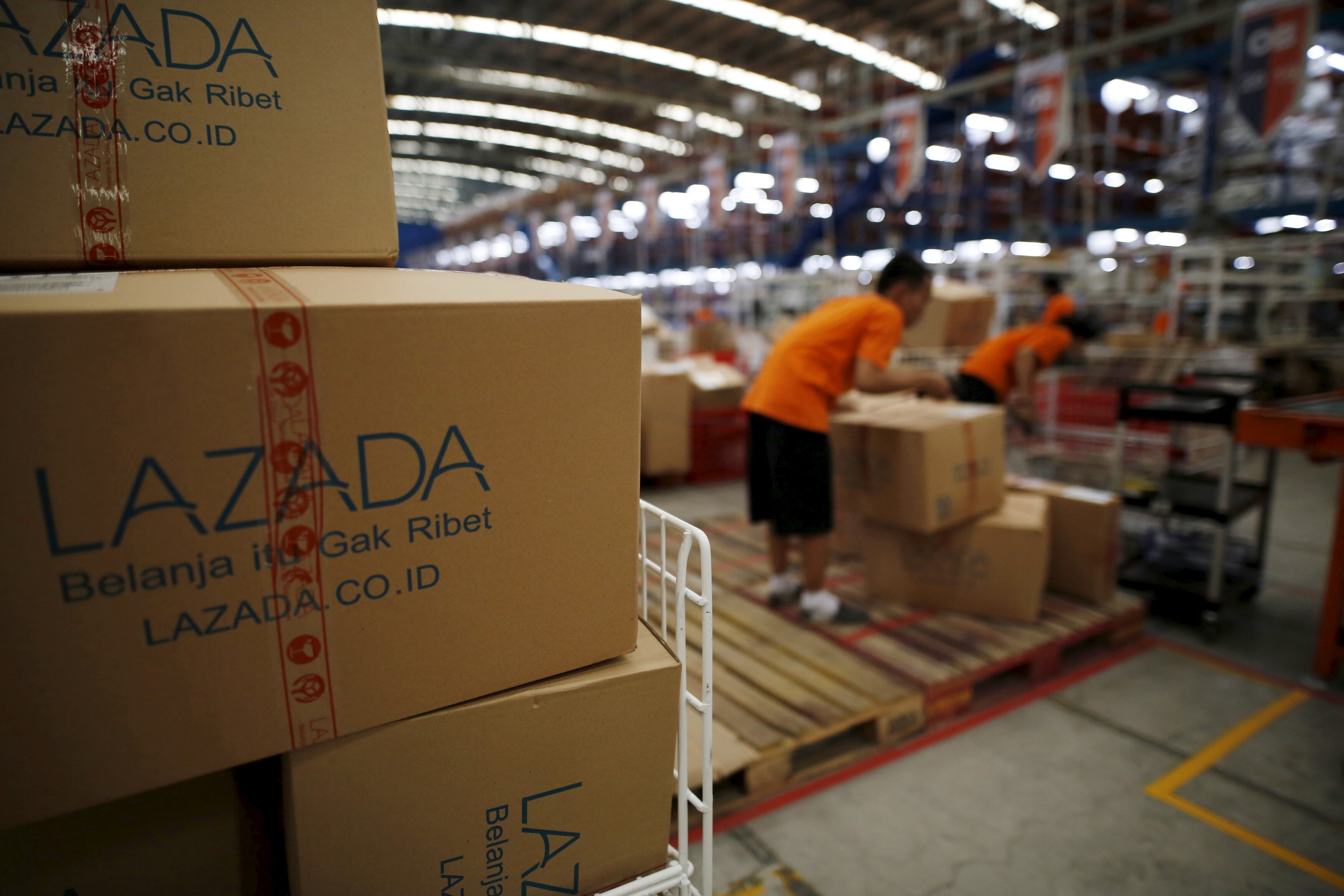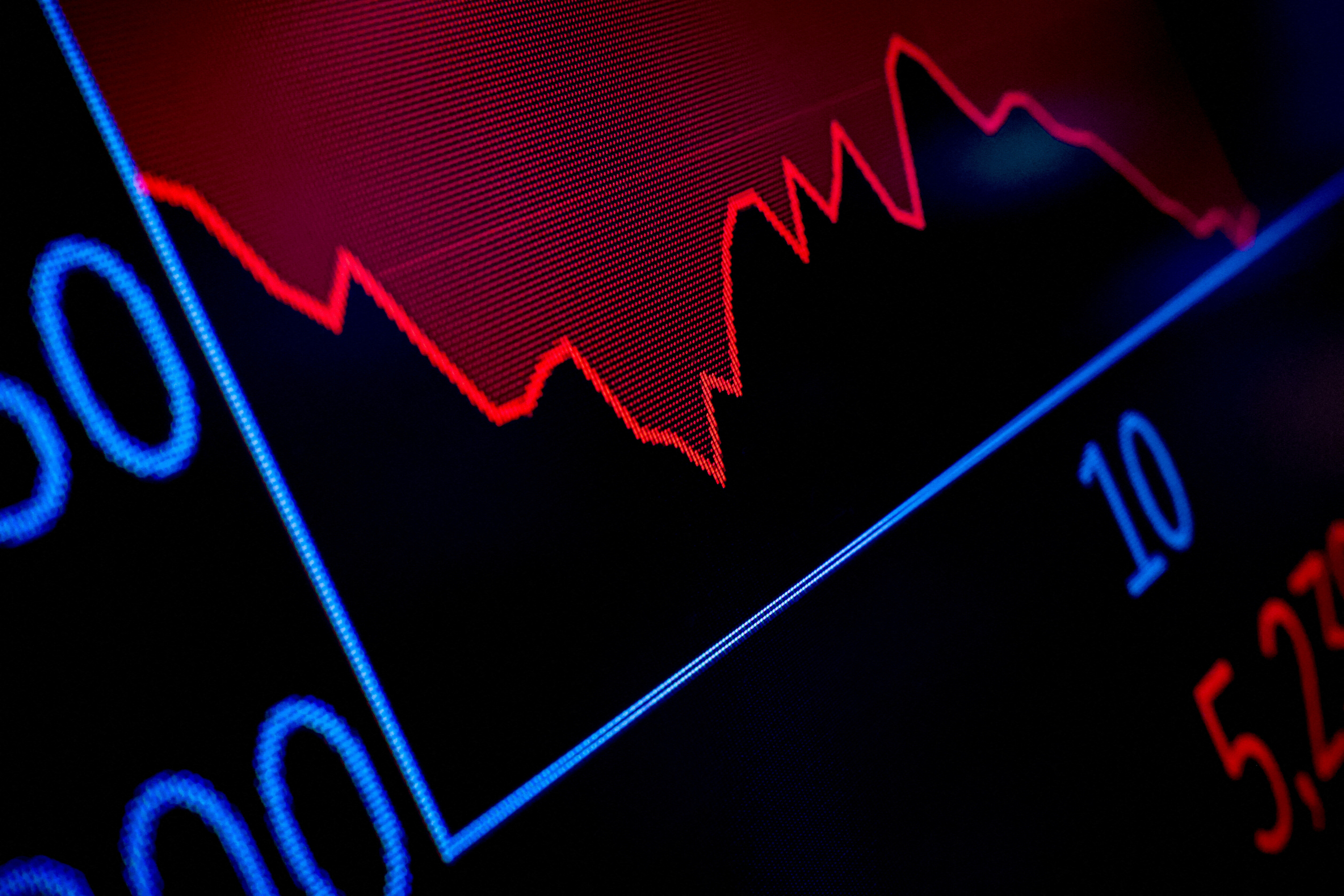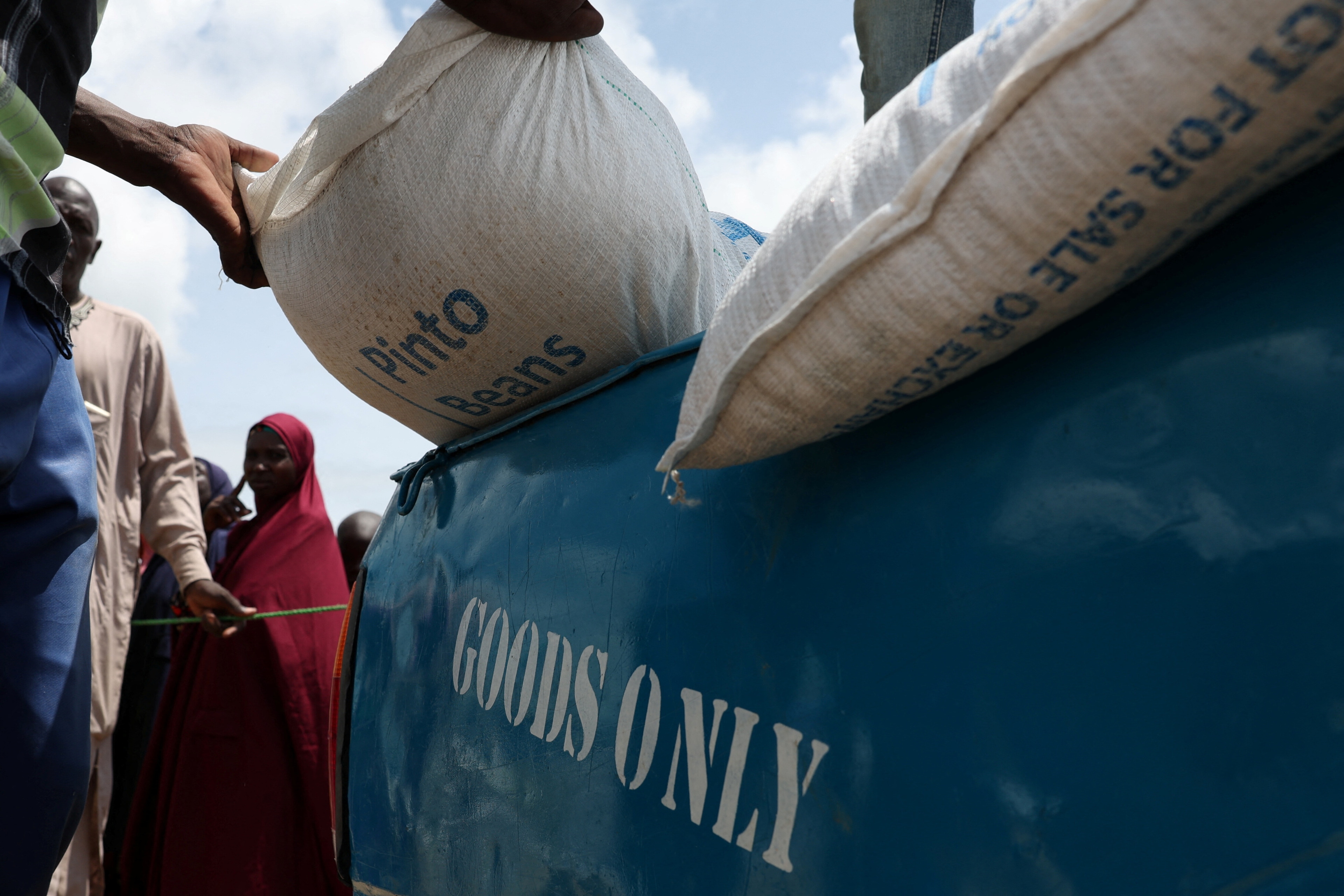Sri Lanka gives public-sector workers extra day off to grow food

Sri Lanka has approved a four-day work week for public sector workers as it struggles with its worst financial crisis in decades. Image: Unsplash/Eddy Billard
- Sri Lanka has approved a four-day work week for public sector workers to help them cope with the country's worst financial crisis in decades.
- The proposal aims to encourage workers to farm as the country struggles to pay for critical imports like fuel, food and medicine.
- Many of the country's population have been queuing up at petrol stations for hours and enduring long power cuts for months.
- Sri Lanka will need at least $5 billion to meet essential imports for the rest of the year.
Sri Lanka has approved a four-day work week for public sector workers to help them cope with a chronic fuel shortage and encourage them to grow food, the government said on 14 June 2022, as it struggles with its worst financial crisis in decades.
The island nation, which employs about one million people in its public sector, has been hit by a severe foreign exchange shortage, which has left it struggling to pay for critical imports of fuel, food and medicine.
Many of the country's 22 million people have to queue up at petrol stations for hours and have been enduring long power cuts for months.
Sri Lanka's Cabinet late on Monday approved a proposal for public sector workers to be given leave every Friday for the next three months, partly because the fuel shortage made commuting difficult and also to encourage them to farm.
"It seems appropriate to grant government officials leave of one working day ... to engage in agricultural activities in their backyards or elsewhere as a solution to the food shortage that is expected," the government information office said in a statement.
How is the World Economic Forum ensuring sustainable global markets?
The United Nations warned of a looming humanitarian crisis on 10 June and it plans to provide $47 million to help more than a million vulnerable people.
Currency depreciation, rising global commodity prices and a now-reversed policy to ban chemical fertilizer pushed food inflation to 57% in April.
The government is in talks for a bailout package with the International Monetary Fund and a delegation is expected in Colombo on 20 June.
The United States is also ready to help, Secretary of State Antony Blinken said after a phone call with Prime Minister Ranil Wickremesinghe late on 13 June.
"During these economically and politically challenging times, the U.S. stands ready to work with Sri Lanka, in close coordination with the International Monetary Fund and the international community," Blinken said on Twitter.
Wickremesinghe said this month Sri Lanka needed at least $5 billion to meet essential imports for the rest of the year.
Don't miss any update on this topic
Create a free account and access your personalized content collection with our latest publications and analyses.
License and Republishing
World Economic Forum articles may be republished in accordance with the Creative Commons Attribution-NonCommercial-NoDerivatives 4.0 International Public License, and in accordance with our Terms of Use.
The views expressed in this article are those of the author alone and not the World Economic Forum.
Stay up to date:
Sri Lanka
Related topics:
Forum Stories newsletter
Bringing you weekly curated insights and analysis on the global issues that matter.








